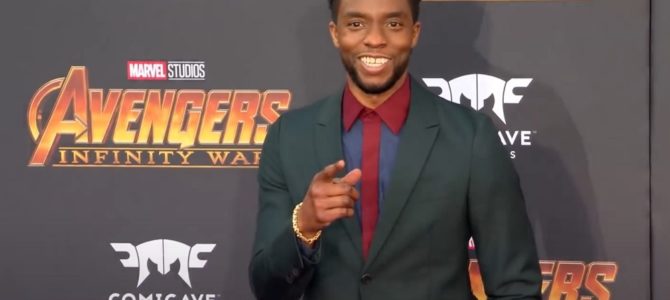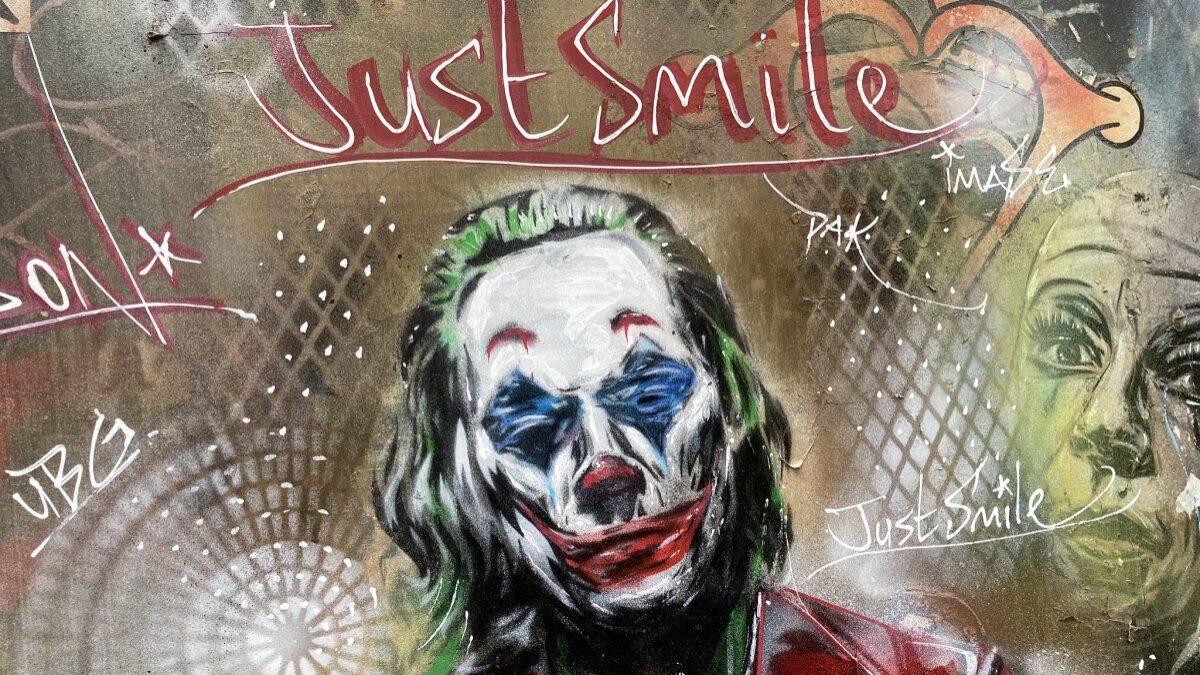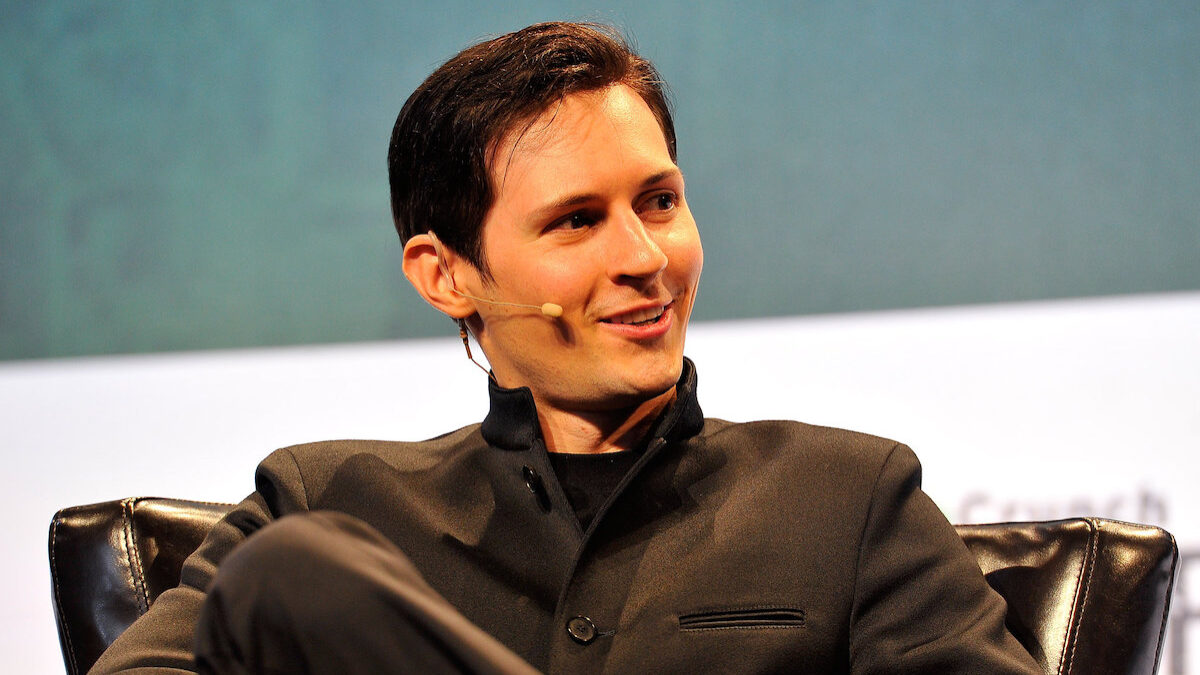
Three years ago, when a journalist asked Chadwick Boseman about the physical demands of starring in three movies in rapid succession, he told the actor, “You’ve been through the wringer.” Boseman replied, “Oh, you don’t even know. You have no idea. One day I’ll live to tell the story.”
He did not. When Boseman died on Friday, his passing left the public in shock. Boseman had cancer, but never went public with his battle, even after skyrocketing to worldwide fame. He was a superhero, after all.
Boseman’s team announced his death in an Instagram post that also revealed his condition. “Chadwick was diagnosed with stage III colon cancer in 2016, and battled with it these last 4 years as it progressed to stage IV,” the post said. It also noted that “From Marshall to Da 5 Bloods, August Wilson’s Ma Rainey’s Black Bottom and several more, all were filmed during and between countless surgeries and chemotherapy.”
That amounts to a remarkable act of stoicism made more remarkable by the anti-stoic culture in which he lived. That culture is even more anti-stoic for celebrities and men. Whatever Boseman’s reason for keeping his cancer private, the decision was unusual.
Stoicism is increasingly framed as a negative quality for men. This trend was epitomized by the American Psychological Association’s new guidelines on masculinity released last year. “The main thrust of the subsequent research is that traditional masculinity – marked by stoicism, competitiveness, dominance, and aggression – is, on the whole, harmful,” the group argued.
Social media incentivizes oversharing, for regular people and celebrities alike. Coupled with the movement to discourage stoicism, that incentive has invited an hourly bombardment of personal confessions on everyone’s digital feeds. Celebrities divulge their daily struggles, sometimes convinced it’s therapeutic, other times convinced it’ll cultivate a relatable image or generate headlines.
And the publicists have a point. The entertainment news industry prizes these personal confessions, big and small, with glowing coverage of celebrity bravery.
As Christina Hoff Sommers has noted (and written about in “The War Against Boys” and “One Nation Under Therapy”), “Male stoicism may be adaptive and protective.” While not always warranted, stoicism is a lost virtue, drowning in a sea of digital self-indulgence.
I don’t exactly know why Boseman kept his diagnosis private. Like most actors, he didn’t seem afraid to show emotion in public. Perhaps it was for professional reasons. Maybe it was for personal ones. Either way, the man filmed movies and lived in the limelight while undergoing chemotherapy, surely suffering immense physical and emotional pain. He interacted with children suffering through cancer battles of their own, bringing those tragic stories to wider audiences without mentioning his fight.
Boseman’s decision won’t be the right one for everybody. There is great peace to be found by connecting with other people undergoing similar struggles, and that, of course, requires sharing. But his example is a powerful reminder that we don’t have to.









